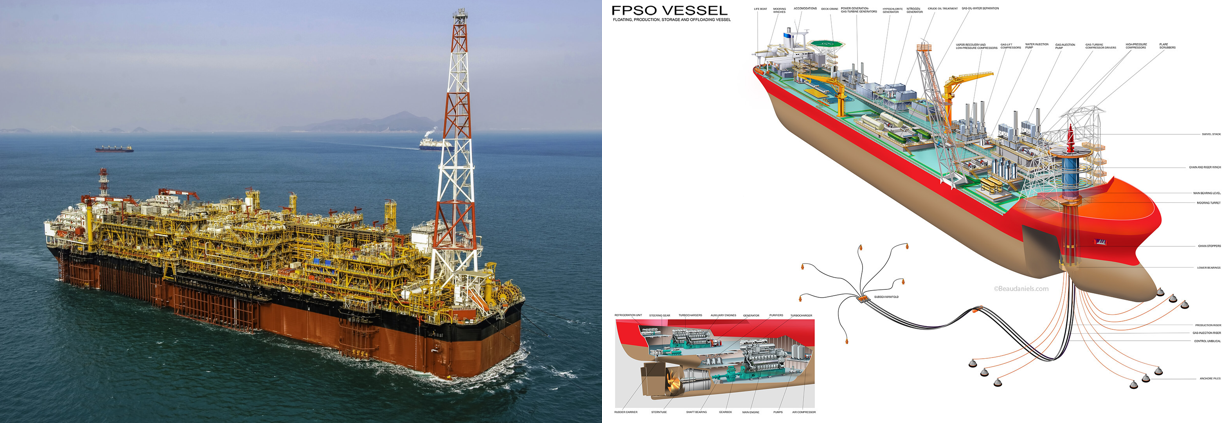In the ever-evolving landscape of the oil and gas industry, efficiency, flexibility, and adaptability are key to successful offshore operations. One of the most advanced and widely adopted innovations in offshore oil production is the FPSO solution—a versatile system designed to support offshore oil fields, particularly in deepwater and remote locations. FPSO stands for Floating Production, Storage, and Offloading, and it plays a vital role in the entire offshore oil production chain.
An FPSO solution refers to the deployment of an FPSO vessel—a large, ship-shaped floating unit equipped to produce, store, and offload oil and gas. These vessels are moored at sea over an oil field and are capable of receiving hydrocarbons through subsea pipelines, processing the oil and gas onboard, storing the processed oil, and offloading it to shuttle tankers or transport vessels.
This solution is ideal for offshore locations that are far from existing infrastructure, making traditional pipeline export systems unfeasible.

The FPSO vessel is at the heart of the solution. It includes onboard processing equipment to separate oil, gas, and water, storage tanks to hold processed crude, and an offloading system to transfer oil to tankers.
This system handles the oil production process by bringing crude oil and gas from subsea wells to the surface. The hydrocarbons are then processed onboard to separate water and gas from the oil.
Once processed, oil is stored in the FPSO’s hull. The storage and offloading FPSO design allows for continuous production even while offloading is taking place, which is crucial for minimizing downtime.
FPSOs are equipped with advanced offloading systems that allow the transfer of stored oil to export tankers. This is typically done via a tandem or side-by-side configuration, depending on sea conditions and vessel design.
Implementing an FPSO solution requires expertise in project management, engineering procurement, and offshore logistics. From initial design and fabrication to installation and operation, multiple disciplines collaborate to ensure safety, compliance, and performance.
An FPSO operating offshore must withstand harsh environmental conditions, including storms, strong currents, and corrosive saltwater. Advanced dynamic positioning or turret mooring systems enable the vessel to remain securely stationed while connected to the subsea infrastructure.
Many modern FPSOs operate in deepwater fields off the coasts of Brazil, West Africa, Southeast Asia, and the North Sea—regions where offshore oil and gas development continues to grow.
The FPSO solution is a critical innovation in offshore oil production, providing a flexible, cost-effective, and efficient alternative to traditional fixed platforms and pipelines. Whether in the development of a new oil field or the expansion of an existing one, floating production, storage, and offloading systems offer unmatched benefits for remote and deepwater projects.
As the oil and gas industry continues to push into more challenging offshore environments, the role of FPSO vessels and the integrated FPSO offshore solution will only become more essential. From engineering procurement to project management, every element of the FPSO strategy is geared toward maximizing production efficiency while minimizing environmental and logistical challenges.